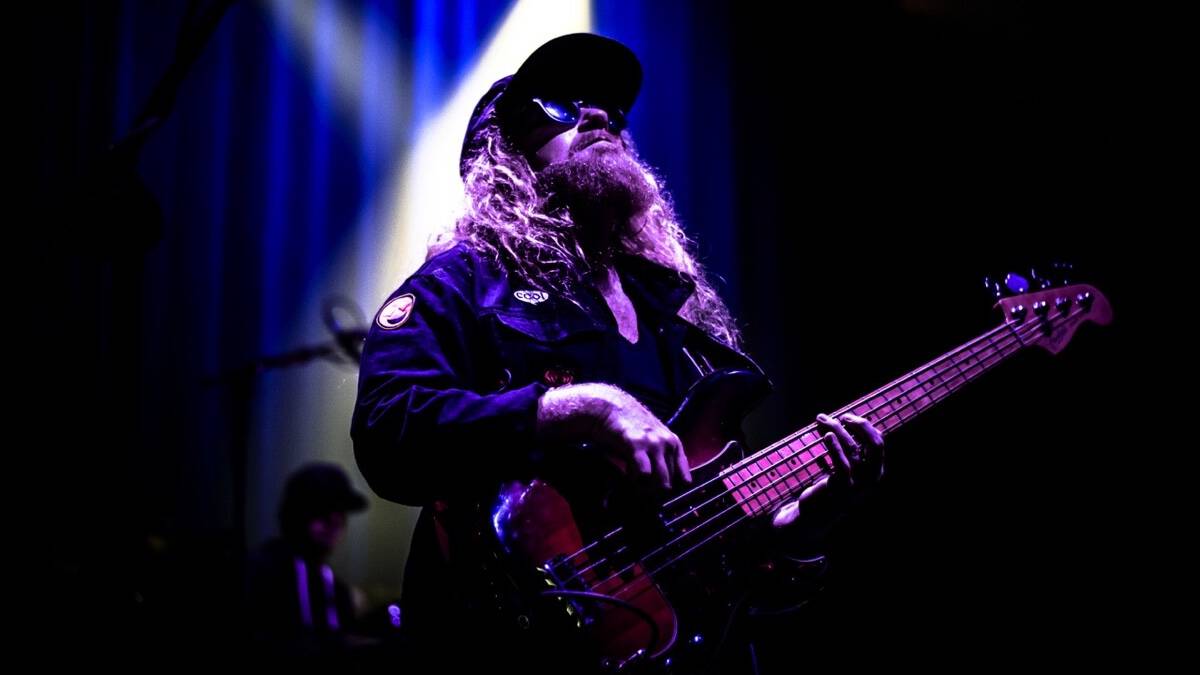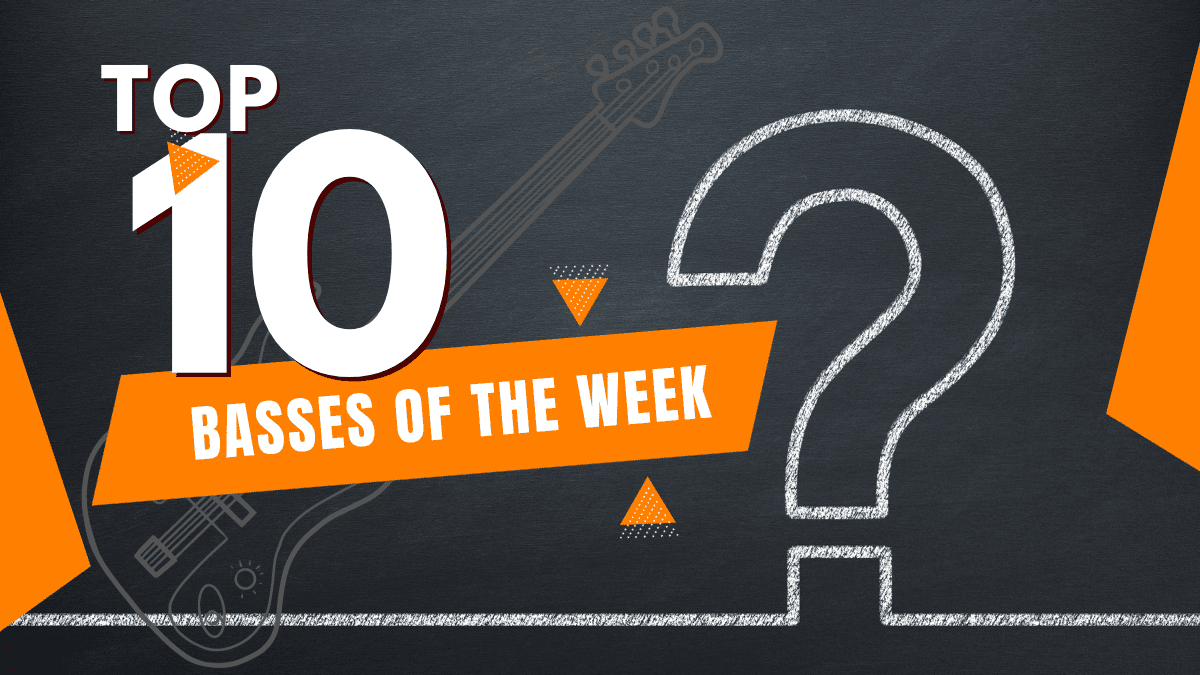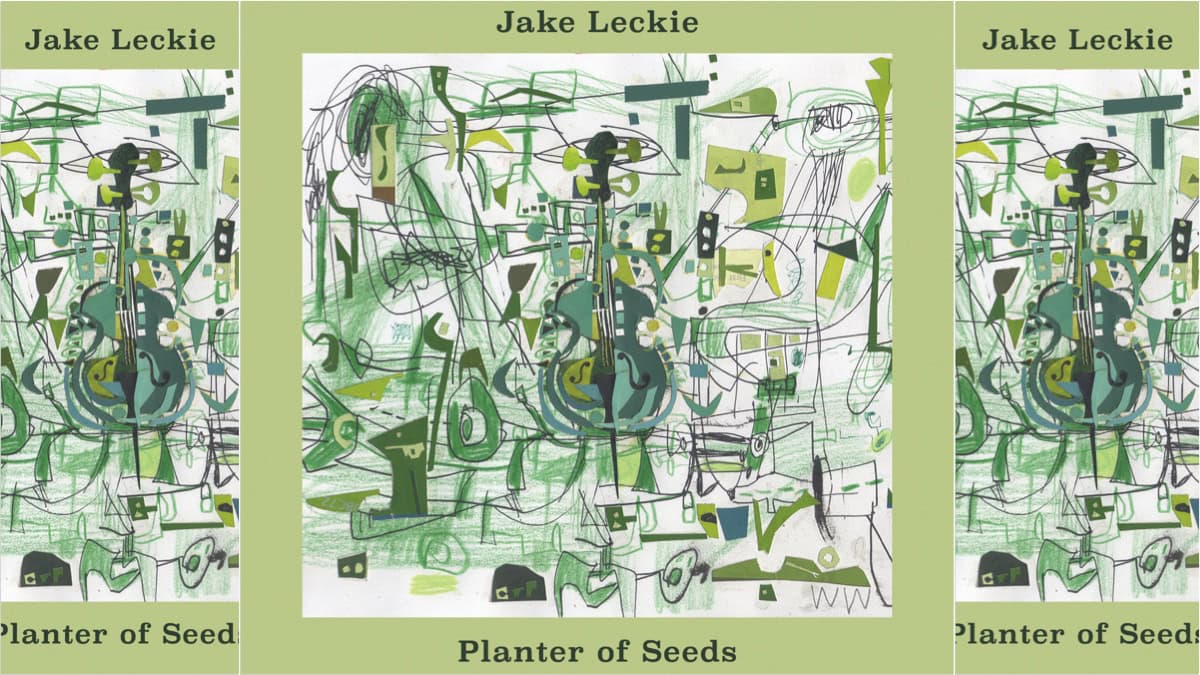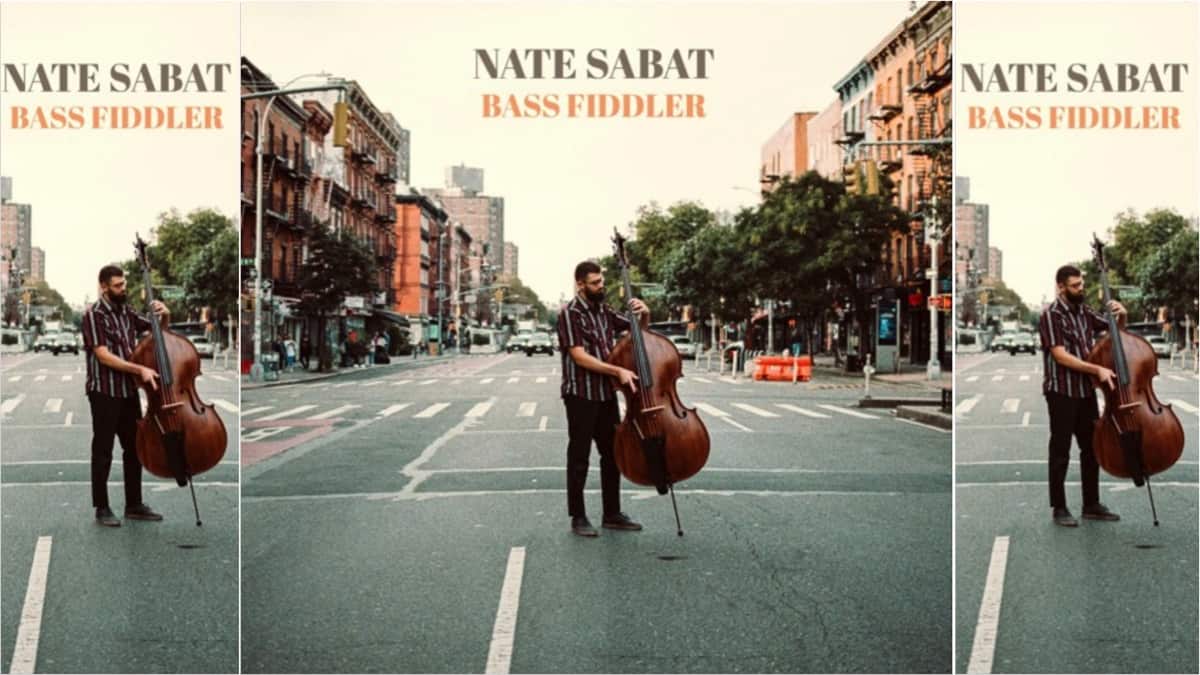Latest
The Tour Survival Kit: Practical Tips For Making Life On The Road A Little Easier


The Tour Survival Kit: Practical Tips For Making Life On The Road A Little Easier…
Life on the road is a very daunting as well as an incredibly exciting reality of professional musicianship. Ever since the dawn of musicians making a living at their craft, the need to travel to perform, sometimes for long periods of time, has come with the territory. Whether you are doing a small weekend tour in a minivan or going on an international Lear jet tour for 200 dates, some basic rules apply to all.
My goal for this piece was to try and give some practical tips and reminders for new musicians to seasoned players on how to survive and make life on the road more pleasant while keeping your health and sanity. It is very important to understand the realities of time distribution as well as how you will be interacting with others.
Etiquette and time management are both crucially essentially to any successful tour and one that will make the stress of long term travel seem something more fit for a career rather than a temporary fling.
1: The time you spend playing bass is miniscule compared to everything else, occupy yourself.
I had just come back from my first headlining US tour, 40 cities, 14,000 miles. And the one thing I can tell you after years of touring both on high and lower status are that touching my bass is a tiny portion of my day on the road. Commuting, loading in, sleeping, eating, and waiting are a much huger portion of your day-to-day life.
Occupy these down times and days off with useful educational literature and videos. As much as traveling is a physically exhausting endeavor, thanks to the miracles of modern technology you can now occupy your time with intellectually stimulating articles, videos, and social media outlets to keep the idle mind busy.
If you are a headliner, load in times are either very early (for big bands) or not until 6-7 pm for club acts. The other parts of the day are going to be occupied by the drive and the prep of performing. Idle minds tend to drive people to drink excessively or get into drugs in certain scenes. While I am not in any way fighting, having fun or a few drinks during a show, you can see how all the ‘Behind the Music’ documentaries all had a similar burnout theme by bands that indulged too heavily. If you are a hired gun, this could be a slippery slope that can easily get you fired depending on the attitude of the bandleader. Have fun by all means, but getting drunk because you are bored is a rough road to go down.
2: Make friends with your fellow touring bands and road crews
Life is filled with networking opportunities that you have to be aware of in order to succeed. Apart from a strategic business advantage of knowing fellow touring bands (you never know who knows who), it is also good decorum to be friendly and open during a long and arduous tour schedule.
Over thousands and thousands of miles you come to understand a certain honor-code and procedure for the working musician pulling long road stints. Some people can become your best friends and it might lead to more gigs or more touring with different acts. Sometimes the other band’s members will be difficult to work with, but if you meet someone halfway you are being the bigger and better person in these scenarios of keeping stress to a minimum. This is especially important decorum when it comes to tour managers and booking agents. A bad reputation with a tour manager or agency can lead to a compromised professional future and can be the determining factor in which someone hires you again for a tour/hires your band, or decides to take their business else where. Going the extra mile and helping people on the road is what it’s all about. If you see that you can help with equipment, help move something, or share something, it is greatly appreciated. People do not forget favors like those when thinking about your professional reputation.
3: Bring reliable equipment on the road, and enough of it
Bringing the bare minimum on tour is a recipe for getting seriously fucked over. If it is a cable of some sort bring at least 3 and if it something crucial at the very least bring one back up if you can. While this is very difficult with amps, always bring at least 1 back up bass and as many adapters, power strips, and other portable items. If you have an active bass absolutely always carry back up batteries, trust me your bass will be on empty when you least expect or need it, so watch out for that crap.
If a bass has a temperamental neck that moves every time the wind blows two degrees cooler, leave that shit at home. A bass for the road should be able to take a beating and deal with climate change with resilience. If you have a bass set up really well or have one with a properly reinforced neck, you might be able to go an entire tour without a single adjustment, which saves you an enormous headache.
4: For the love of God simplify your rig
On tour is where Murphy’s Law likes to laugh hysterically at your ignorance and revel in your misfortunes and miscalculations. If something can break easily it will, and I repeat IT WILL BREAK EASILY. Simplifying your rig as much as possible allows you to pinpoint easier any scenario in which an issue may arise. Rehearsals are not just for playing but also should be done with the exact set up you intend on using on the road down to the last detail. A simpler setup will also make your bass much, much easier for the engineer to sit-in the mix and to achieve your optimum tone. Remember that if you have a pedal train wrong or a small cable on the fritz it could cost you money and precious time you do not have. This should go triple if you do not have roadies.
5: Protect your ears:
Whether they are in ear monitors or earplugs, you need to protect your hearing on the road.
Some photos from the road…
Bass Videos
Interview With Bassist Erick “Jesus” Coomes

Bassist Erick “Jesus” Coomes…
It is always great to meet a super busy bassist who simply exudes a love for music and his instrument. Erick “Jesus” Coomes fits this description exactly. Hailing from Southern California, “Jesus” co-founded and plays bass for Lettuce and has found his groove playing with numerous other musicians.
Join us as we hear of his musical journey, how he gets his sound, his ongoing projects, and his plans for the future.
Photo, Bob Forte
Featured Videos
Visit Online
www.lettucefunk.com
IG @jesuscsuperstar
FB@jesuscoomes
FB @lettucefunk
Bass Videos
Working-Class Zeros: Episode #2 – Financial Elements of Working Musicians

Working-Class Zeros: Episode #2 – Financial Elements of Working Musicians
“These stories from the front are with real-life, day-to-day musicians who deal with work life and gigging and how they make it work out. Each month, topics may include… the kind of gigs you get, the money, dealing with less-than-ideal rooms, as well as the gear you need to get the job done… and the list goes on from there.” – Steve the Bass Guy and Shawn Cav
Latest
This Week’s Top 10 Basses on Instagram

Check out our top 10 favorite basses on Instagram this week…
Click to follow Bass Musician on Instagram @bassmusicianmag
FEATURED @foderaguitars @overwaterbasses @mgbassguitars @bqwbassguitar @marleaux_bassguitars @sugi_guitars @mikelullcustomguitars @ramabass.ok @chris_seldon_guitars @gullone.bajos
Bass CDs
New Album: Jake Leckie, Planter of Seeds

Bassist Jake Leckie and The Guide Trio Unveil New Album Planter of Seeds,
to be released on June 7, 2024
Planter of Seeds is bassist/composer Jake Leckie’s third release as a bandleader and explores what beauty can come tomorrow from the seeds we plant today.
What are we putting in the ground? What are we building? What is the village we want to bring our children up in? At the core of the ensemble is The Guide Trio, his working band with guitarist Nadav Peled and drummer Beth Goodfellow, who played on Leckie’s second album, The Guide, a rootsy funky acoustic analog folk-jazz recording released on Ropeadope records in 2022. For Planter of Seeds, the ensemble is augmented by Cathlene Pineda (piano), Randal Fisher (tenor saxophone), and Darius Christian (trombone), who infuse freedom and soul into the already tightly established ensemble.
Eight original compositions were pristinely recorded live off the floor of Studio 3 at East West Studios in Hollywood CA, and mastered by A.T. Michael MacDonald. The cover art is by internationally acclaimed visual artist Wayne White. Whereas his previous work has been compared to Charles Mingus, and Keith Jarrett’s American Quartet with Charlie Haden, Leckie’s new collection sits comfortably between the funky odd time signatures of the Dave Holland Quintet and the modern folk-jazz of the Brian Blade Fellowship Band with a respectful nod towards the late 1950s classic recordings of Ahmad Jamal and Miles Davis.
The title track, “Planter of Seeds,” is dedicated to a close family friend, who was originally from Trinidad, and whenever she visited family or friends at their homes, without anyone knowing, she would plant seeds she kept in her pocket in their gardens, so the next season beautiful flowers would pop up. It was a small altruistic anonymous act of kindness that brought just a little more beauty into the world. The rhythm is a tribute to Ahmad Jamal, who we also lost around the same time, and whose theme song Poinciana is about a tree from the Caribbean.
“Big Sur Jade” was written on a trip Leckie took with his wife to Big Sur, CA, and is a celebration of his family and community. This swinging 5/4 blues opens with an unaccompanied bass solo, and gives an opportunity for each of the musicians to share their improvisational voices. “Clear Skies” is a cathartic up-tempo release of collective creative energies in fiery improvisational freedom. “The Aquatic Uncle” features Randal Fisher’s saxophone and is named after an Italo Calvino short story which contemplates if one can embrace the new ways while being in tune with tradition. In ancient times, before a rudder, the Starboard side of the ship was where it was steered from with a steering oar. In this meditative quartet performance, the bass is like the steering oar of the ensemble: it can control the direction of the music, and when things begin to unravel or become unhinged, a simple pedal note keeps everything grounded.
The two trio tunes on the album are proof that the establishment of his consistent working band The Guide Trio has been a fruitful collaboration. “Santa Teresa”, a bouncy samba-blues in ? time, embodies the winding streets and stairways of the bohemian neighborhood in Rio de Janeiro it is named for. The swampy drum feel on “String Song” pays homage to Levon Helm of The Band, a group where you can’t always tell who wrote the song or who the bandleader is, proving that the sum is greater than the individual parts. Early jazz reflected egalitarianism in collective improvisation, and this group dynamic is an expression of that kind of inclusivity and democracy.
“The Daughters of the Moon” rounds out the album, putting book ends on the naturalist themes. This composition is named after magical surrealist Italo Calvino’s short story about consumerism, in which a mythical modern society that values only buying shiny new things throws away the moon like it is a piece of garbage and the daughters of the moon save it and resurrect it. It’s an eco-feminist take on how women are going to save the world. Pineda’s piano outro is a hauntingly beautiful lunar voyage, blinding us with love. Leckie dedicates this song to his daughter: “My hope is that my daughter becomes a daughter of the moon, helping to make the world a more beautiful and verdant place to live.”
Bass CDs
Debut Album: Nate Sabat, Bass Fiddler

In a thrilling solo debut, bassist Nate Sabat combines instrumental virtuosity with a songwriter’s heart on Bass Fiddler…
The upright bass and the human voice. Two essential musical instruments, one with roots in 15th century Europe, the other as old as humanity itself.
On Bass Fiddler (Adhyâropa Records ÂR00057), the debut album from Brooklyn-based singer-songwriter and bass virtuoso Nate Sabat, the scope is narrowed down a bit. Drawing from the rich and thriving tradition of American folk music, Sabat delivers expertly crafted original songs and choice covers with the upright bass as his lone tool for accompaniment.
The concept was born a decade ago when Sabat began studying with the legendary old-time fiddler Bruce Molsky at Berklee College of Music. “One of Bruce’s specialties is singing and playing fiddle at the same time. The second I heard it I was hooked,” recalls Sabat. “I thought, how can I do this on the bass?” From there, he was off to the races, arranging original and traditional material with Molsky as his guide. “Fast forward to 2020, and I — like so many other musicians — was thinking of how to best spend my time. I sat down with the goal of writing some new songs and arranging some new covers, and an entire record came out.” When the time came to make the album, it was evident that Molsky would be the ideal producer. Sabat asked him if he’d be interested, and luckily he was. “What an inspiration to work with an artist like Nate,” says Molsky. “Right at the beginning, he came to this project with a strong, personal and unique vision. Plus he had the guts to try for a complete and compelling cycle of music with nothing but a bass and a voice. You’ll hear right away that it’s engaging, sometimes serious, sometimes fun, and beautifully thought out from top to bottom.”
While this record is, at its core, a folk music album, Sabat uses the term broadly. Some tracks lean more rock (‘In the Shade’), some more pop (‘White Marble’, ‘Rabid Thoughts’), some more jazz (‘Fade Away’), but the setting ties them all together. “There’s something inherently folksy about a musician singing songs with their instrument, no matter the influences behind the compositions themselves,” Sabat notes. To be sure, there are plenty of folk songs (‘Louise’ ‘Sometimes’, ‘Eli’) and fiddling (‘Year of the Ox’) to be had here — the folk music fan won’t go hungry. There’s a healthy dose of bluegrass too (‘Orphan Annie’, ‘Lonesome Night’), clean and simple, the way Mr. Bill Monroe intended.
All in all, this album shines a light on an instrument that often goes overlooked in the folk music world, enveloping the listener in its myriad sounds, textures, and colors. “There’s nothing I love more than playing the upright bass,” exclaims Sabat. “My hope is that listeners take the time to sit with this album front to back — I want them to take in the full scope of the work. I have a feeling they’ll hear something they haven’t heard before.”
Available online at natesabat.bandcamp.com/album/walking-away





